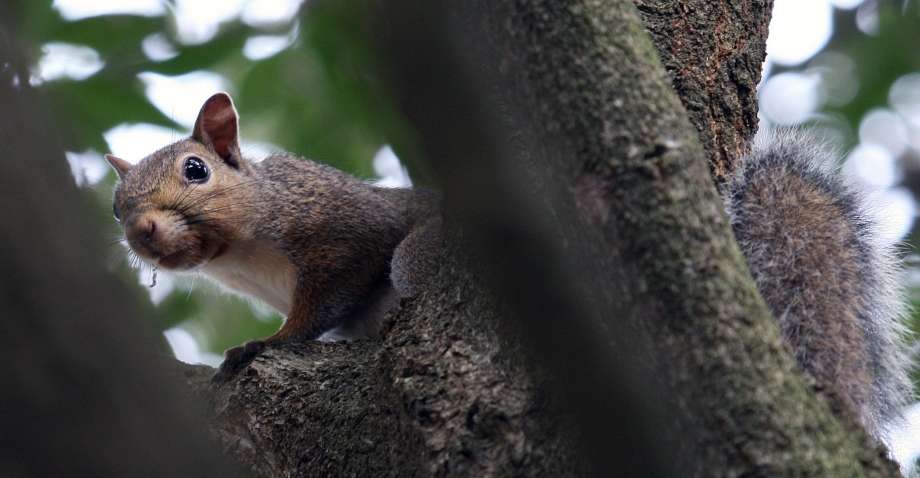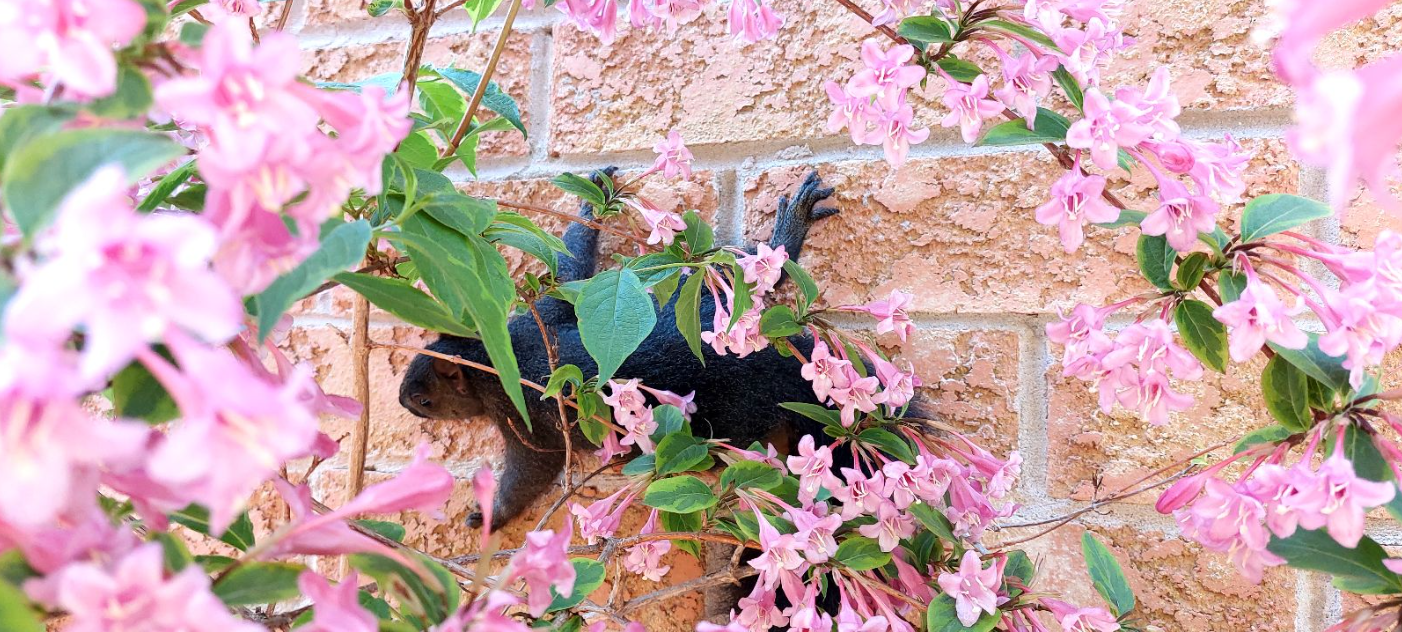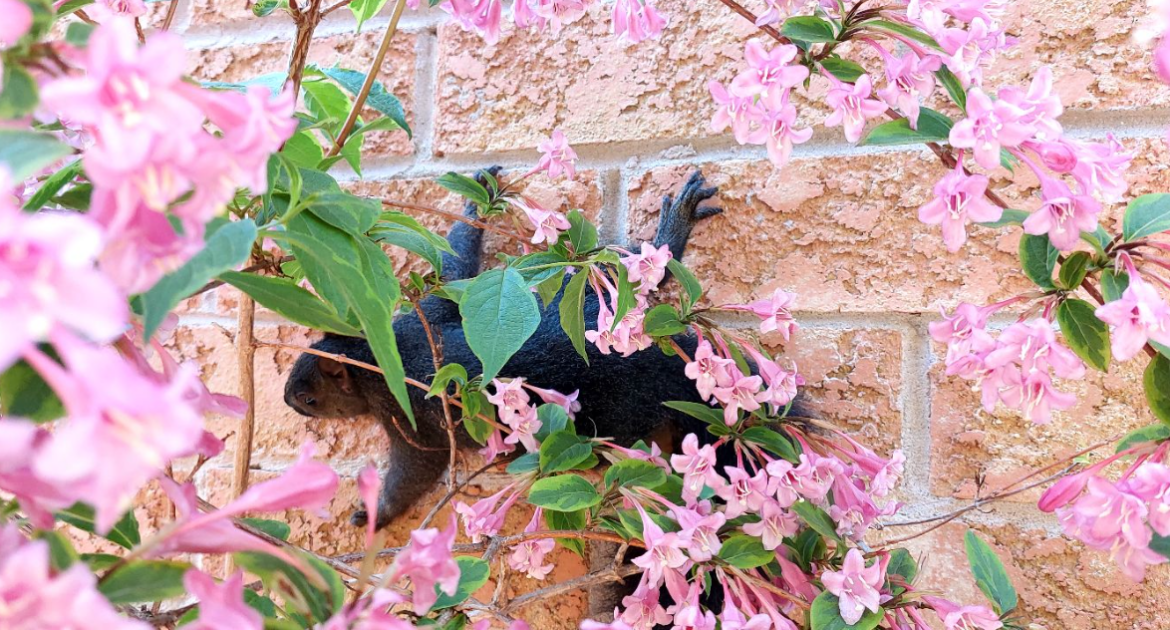If you are a homeowner in Plymouth and love spending time outdoors, you have probably had a run-in with squirrels invading your garden space. These cute, furry animals may seem harmless, but their burrowing habits can cause significant damage to your garden and yard. If you are consumed with frustration and uncertain about how to tackle the problem, do not fret! Understanding the habits and behaviors of squirrels can help to address the issue effectively.
This blog article aims to shed some light on the reasons why these animals are digging up your garden and what you can do to prevent them from causing further damage. From exploring humane methods of squirrel removal to discussing wildlife control in Plymouth, our Skedaddle experts cover all the essential elements you need to know to keep your garden safe and thriving.
Understanding the Squirrel’s Motives: Digging Beyond the Surface
Squirrels have a keen sense of smell, which they rely on for their survival. You may not see it, but your garden is like a supermarket, stocked with a plethora of food sources. Well-shaded trees that produce acorns, walnuts, fruit, or seeds are a major attraction. Even the fallen leaves and your beautifully maintained lawn are a big draw.
So, when you see squirrels digging up your garden, they are usually foraging for food or hiding their cache. They have an intriguing behavior of burying their food as a way of preparing for the times when they can’t find food. This habit of storing food, often referred to as ‘caching,’ is responsible for the little holes you discover around your yard.
Additionally, females tend to burrow holes when they are preparing for their newborns. This nesting behavior might result in multiple holes around your property.
The Impact of Squirrel Digging on Your Garden
The damage caused by squirrels digging can be extensive. From uprooting plants to destroying bulbs, their activities can be detrimental to the aesthetic appeal of your garden. Also, their holes can alter your lawn’s topography, posing a potential threat to individuals who walk in these areas, including the risk of twisting an ankle.
Remember, they are not inherently destructive animals. They’re just trying to survive like any other wildlife, and for them, that means storing away food for lean times or getting ready to welcome new additions to their family. However, understanding their motives helps us figure out how to peacefully coexist with them, protecting our gardens while respecting their natural behaviors.
Hidden Treasures: What Squirrels are Searching for in Your Garden
Squirrels are opportunistic eaters, meaning they will consume a variety of foods if given the opportunity. Their primary source of nourishment is a diet rich in nuts and seeds which they vigorously search for in your garden. Nut and fruit trees are particularly attractive to them, and they will often spend hours rummaging through your garden, searching for these delicious morsels.
Beyond nuts and seeds, they are also drawn to fruits, vegetables, and plants found in your garden. Fresh tomatoes, strawberries, and squash can attract them, as well as certain types of flowers and plants. Bulbs are another favorite, particularly tulips, crocuses, and other spring-flowering plants. If you’ve been noticing these particular plants disappearing or getting uprooted, squirrels may be the culprits.
Lastly, don’t overlook the possibility of them hunting for insects in your garden. While they prefer plant-based foods, insects, eggs, and even small birds can be part of their diet when other food sources are scarce.
Effective Methods to Prevent Squirrels from Digging Up Your Garden
While it’s essential to recognize that squirrels play a vital role in our ecosystem, it’s just as crucial to ensure the health and beauty of your garden. There are various proactive methods you can deploy to lessen the impact of relentless digging. Let’s explore some solutions:
Modify Your Garden Setup
The type of plants you choose for your garden influences attracting squirrels. Opt for plants they are less likely to eat, such as daffodils and marigolds. These plants not only brighten up your garden but also act as deterrents. Some thorny bushes or plants around the high-risk areas can also serve as a physical barrier.
Provide Alternative Food Sources
Consider setting up a squirrel feeder in a corner of your garden. Filling it up with corn and nuts will keep them satisfied and reduce their inclination to dig up other areas of your garden looking for food. However, remember to keep a safe distance between the feeding area and precious parts of your comestible garden to avoid inadvertently inviting them closer.
Use Natural Deterrents
Spreading certain scents that they find unpleasant, such as cayenne pepper, coffee grounds or vinegar around your garden can deter them from foraging in these areas.
Install Protective Barriers
Protective coverings like mesh or wire cages around the plants can prevent their access to plants, shrubs, and trees. Raised garden beds and hanging baskets can also minimize the accessibility of squirrels to your plants.
Utilize Noise and Motion Detectors
These devices are useful for startling squirrels when they venture too close to your precious fauna. An activated sprinkler system, garden spinners, or solar-powered noisemakers can discourage them and coax them to seek elsewhere for their foraging.
Often, the best approach combines a variety of these preventative measures. Since every garden and every squirrel population is different, it may take a bit of trial and error to find the most effective solution for your particular situation.

Call Skedaddle for Humane Squirrel Removal Services in Plymouth
While the above methods can be highly beneficial in discouraging them from digging up your garden, there are instances when professional help is required. This is where Skedaddle Humane Wildlife Control in Plymouth comes in. We are leaders in the field of humane wildlife control and have been helping the residents of Plymouth coexist peacefully with wildlife for over two decades now.
At Skedaddle, we understand that every situation is unique. Therefore, our seasoned team of wildlife experts will not only help remove them from your garden, but they will also provide you with customized, long-term strategies to keep squirrels out and significantly reduce any future damage they may cause.
Our Approach to Squirrel Control
We adopt a three-step process: Assess and Remove, Clear and Clean, and Prevention.
- Assess and Remove: Our wildlife technicians will thoroughly inspect your property to identify the severity of the issue, and then utilize humane removal techniques to solve the problem.
- Clear and Clean: Next, we’ll clean up the mess left behind from the squirrels’ activities. This includes repairing any damage caused during their burrowing or scavenging efforts.
- Prevention: Lastly, our experts will work with you to identify potential problem areas in your garden and offer tailored, practical solutions to prevent further damage.
Feel confident that our specialists are not only experienced but also committed to offering services in line with best practices for humane wildlife control. We’re passionate about wildlife and committed to their protection, recognizing their critical role in our ecosystem while saving your prized garden.
Give Squirrels the Skedaddle Treatment
So, if you’re tired of the ceaseless destruction of your garden by squirrels and are looking for help, don’t hesitate to reach out to us. Rest assured knowing our specialists are just a phone call away, ready to provide fast, safe, and truly effective wildlife control. We strive to provide you with peace of mind and the satisfaction of a healthy, damage-free outdoor space – so you can experience the joy of a glorious garden without the added worry of unwanted visitors.
We believe in long-term solutions and sustainable wildlife control. Your partnership with us will not only solve your current dilemma but also protect your property for years to come, ensuring that your beautiful garden thrives.
Give us a call today! Together, we can ensure that your garden remains a place of tranquility and beauty without imposing on the right of wildlife to thrive in their natural habitats.




